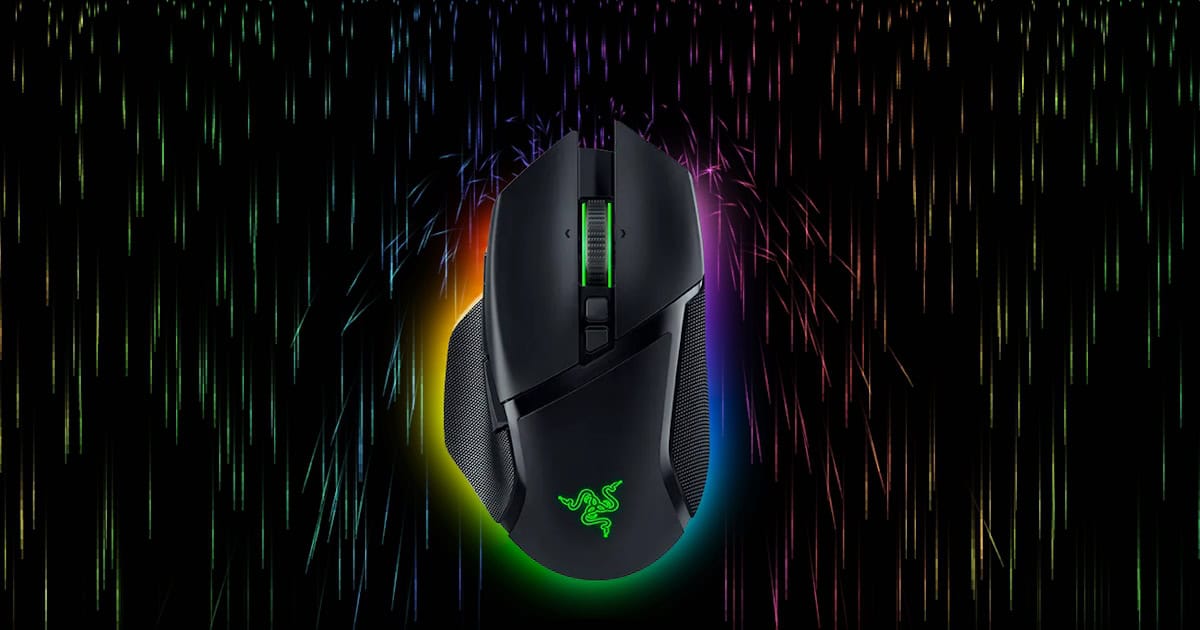
Today, I have a very special treat for you & especially me: an exclusive interview with one of my favourite board game designers, Phil Walker-Harding.
I had the chance to meet Phil at PAX Australia 2023, the biggest & most amazing gaming festival in Australia. And not, I’m not just saying that because I got to meet a designer I’ve always dreamed of meeting. If getting to meet him wasn’t exciting enough, I got to sit down Spellbook, his design process, and his inspirations.
Phil is the creator of many amazing games, such as Sushi Go!, Imhotep, and Bärenpark, and I he has a new game coming out soon, called Spellbook. Spellbook is a fast-paced puzzle-based dueling game that puts players in the role of powerful wizards in pursuit of elemental magic. So, without further ado, let’s get to the interview. Phil, thank you so much for joining me today.

How did you first become interested in board game design, and what inspired you to pursue a career in the industry?
Even as a kid I was fascinated by board games and made some of my own. Just silly little craft projects mind you, but I suppose the idea that I could make a game always in my mind. When I discovered modern German games at university I was so impressed that I immediately started dabbling in designing some of my own. Eventually my little hobby turned into me self-publishing handmade copies of my games, and this slowly turned into being published more widely.
Can you share some of the key influences or experiences that have shaped your approach to designing board games?
I have always played games with a pretty wide range of people and love when a game can bring together different types of folks, not just people who are in the gaming hobby. So I’d say that the people I play with have inspired me to make games that are widely approachable and easy to learn. I think playing games with children in our lives has also inspired me to make games that can be enjoyed across generations.
Can you tell us about the inspiration behind SpellBook and how you came up with the concept?
I love Rummy-style set collection as a mechanism, and it’s something I have investigated in my design work a few times. What I was trying to capture with SpellBook was a set collection game in which each set you make gives you a special power for the rest of the game. This concept really fascinated me, and it drove the whole design process!
The game’s end condition is tied to completing a grimoire or fully feeding a familiar. How does this choice influence player strategies and decision-making throughout the game?
Earlier versions of the design only had the game ending when a player learns all their spells. But this led to a pretty flat endgame, and I knew I needed another vector on which players could score points. Storing tokens on your familiar became that other source of points, and means that players have two different ways to approach the tokens they have collected – do I learn a new spell with them, or cash them in and work towards the endgame that way?
What challenges did you face during the design and development of SpellBook, and how did you overcome them?
A big challenge early on was how little design space there was. In a game where all you are doing is drawing cards, collecting sets, and making melds, I couldn’t come up with too many special powers! Widening this design space without making the game too complex was a tough challenge. Using tokens to score points by storing them was one of the doors that opened in this regard. Suddenly, I had this whole other aspect of gameplay that I could build special powers around.

Your cult classic Sushi Go! is known for its simplicity and accessibility. How do you approach creating games that are easy to learn yet offer strategic depth?
I am always aiming to design games that can be taught verbally in a few minutes, and ideally can be learnt just by watching the game being played. That’s a big goal of mine. At the same time, I want the decisions in any game I make to feel meaningful and impactful on the future state of the game. I suppose I usually start with a very minimalistic idea of how a game might be, and then add on what little I can to turn it into something functional and, of course, fun!
We’ve mentioned Sushi Go which has a cult following, but, if I took you right now to a Sushi train what are you ordering?
I am a big sashimi fan! So I’ll take 3 sashimi for 10 points please.
Many of your games feature unique themes. How do you choose and develop these themes, and how do they influence the game mechanics and player experience?
The main thing I am looking for in a theme is something that makes sense of the gameplay, and helps the players learn and play well. I think the metaphor of the theme has to map on to the gameplay in a really natural way. Having said that, many of my games are very simple, so a few different themes could probably work. In this case I try to choose something that is winsome and has pretty broad appeal, without being too obvious or overdone. In some cases my publishers have chosen the final theme, so I certainly can’t take credit for all of them!
What advice do you have for aspiring board game designers who are looking to create their first successful game?
The best advice I can give is to finish your first design and get it out there somehow! Make copies and give them to friends, make it available as a print-and-play online, put it on Tabletop Simulator or Tabletopia. In terms of learning and improving, nothing beats having people you don’t know play and respond to your game. Then, make another game! Every game you finish will teach you something, so it’s okay if your first few aren’t amazing.
The board game industry has evolved over the years. How do you stay innovative and relevant as a designer, especially in a competitive market?
The industry has grown so much in the past decade, and with so many games coming out each year it is very easy to get lost in the crowd. I think it is important to play a lot of new games, and keep in touch with what is popular. Then you can ask yourself, where is there an opening in the market for something a little bit fresh. It also helps close off areas in which to work. If there are dozens of successful games in a particular category for a particular audience, maybe you can find a new patch to work in.
Each of us have that game we love but only behind closed doors. My guilty pleasure is Cluedo (Clue for our US readers). What is Yours? What guilty pleasure helps you escape the chaos of life, but you do not really tell anyone about it.
I like a bunch of mass market games that don’t always get a lot of love! Some are Scrabble, Yahtzee, Taboo, and Baldersash.

Tell me a little bit about Joey games? As I love the concept of teaching through games!
My wife Meredith and I started up Joey Games together last year. We make games with Australian themes that kids and adults can play together. We are also doing everything we can to be a sustainable company that reduces our impact on the environment in each aspect of what we do. We love that games can promote intergenerational play, and can also be a positive part of culture. So we want our titles to celebrate the peoples, plants, and animals of Australia! You can find out more at: www.joeygames.com.au






Recent Comments